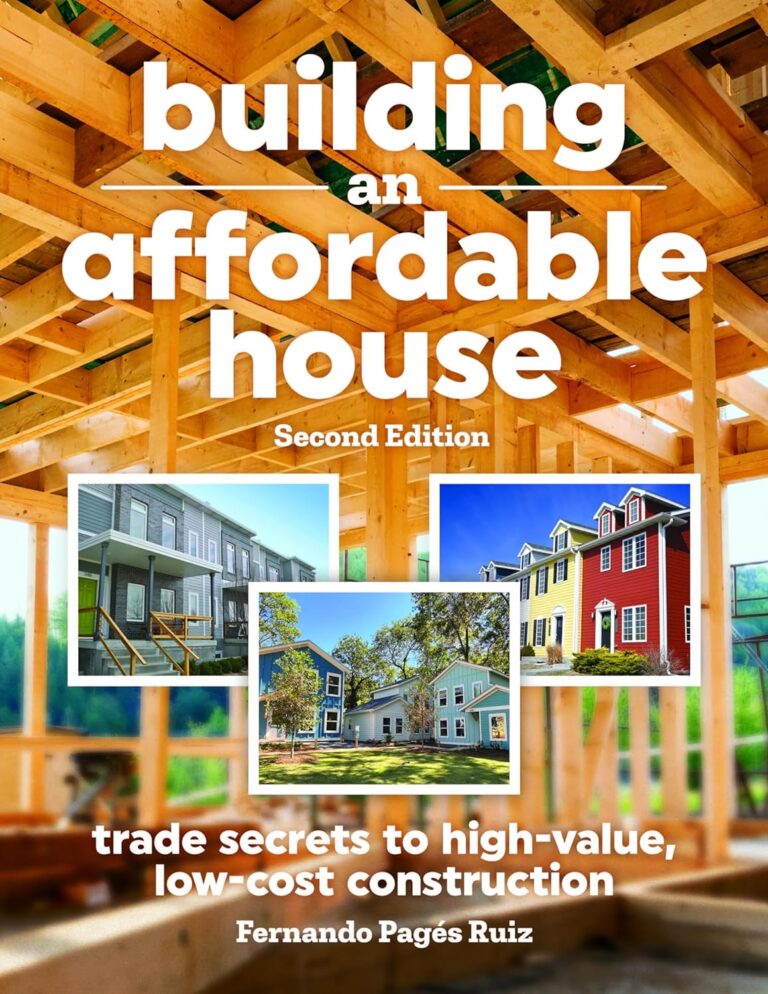
Building an Affordable House, 2nd edition, unlocks the secrets to cost-effective sustainable home construction. This book will equip you with how to cut costs and retain quality; build savings into every blueprint; add affordable curb appeal; learn the secrets of reducing material costs; and integrate sustainable building practices on a budget.
This book also features several of Pel-Ona Architects & Urbanists’ affordable housing projects including Iron Works Village and Midtown Tealight Homes!
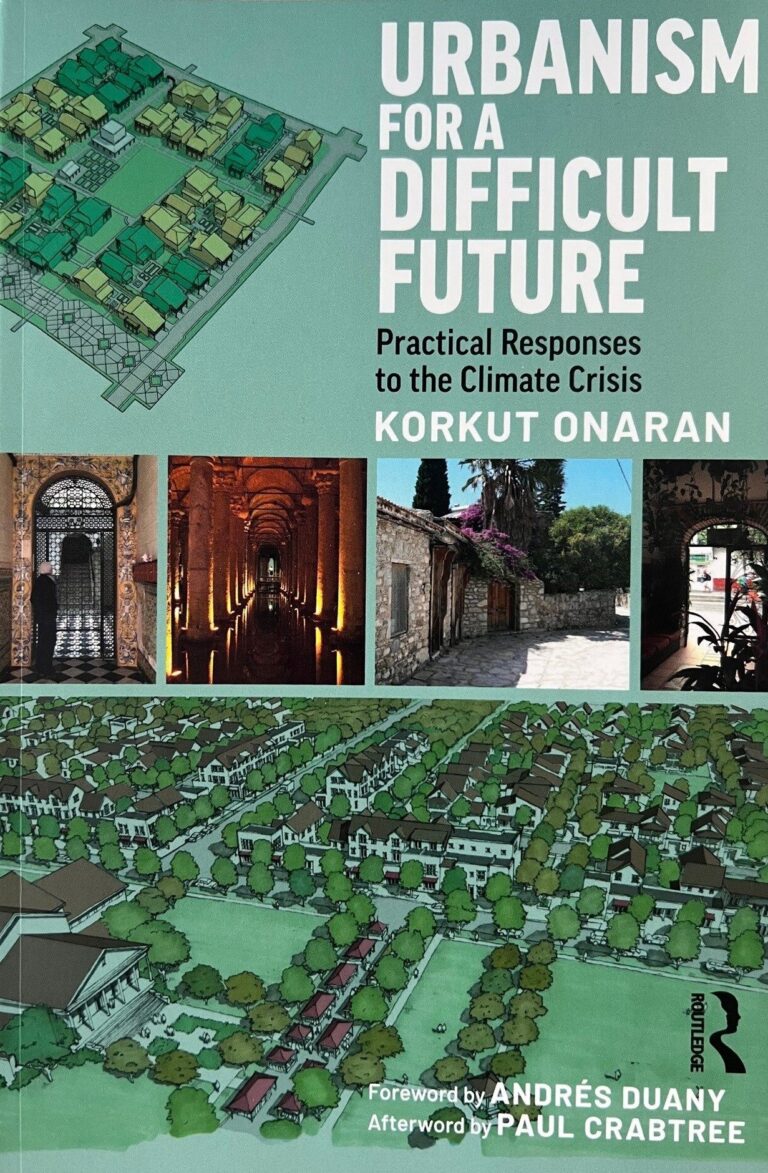
Urbanism for a Difficult Future: Practical Responses to the Climate Crisis is a much-needed guide to launching the next generation of land use planning and urbanism that will enable us to adapt to and survive the consequences of climate change.
The book offers strong, straightforward measures for creating a landscape of resilience via pockets of self-sufficiencies. It demonstrates how to secure systems that sustain life (energy, water, food, waste, and production of essential goods) as well as political and social protocols enabling agile decision-making in managing these systems effectively at local levels. It also provides the design principles for creating a built environment that will enable the kind of localization we need for adaptation. The book explores how it is possible to create a life that does not depend on large-scale regional sustenance systems which are likely to be disrupted or fail.
This book uncovers how to enable people to be creative, productive, and supportive at local levels, so that we can achieve strong and diverse local economies that can sustain life. It will appeal to students, planners, and policy makers working in environmental studies, environmental engineering, urban and regional planning, architecture, landscape architecture, and urbanism.
https://www.hyperlocalurbanism.com/
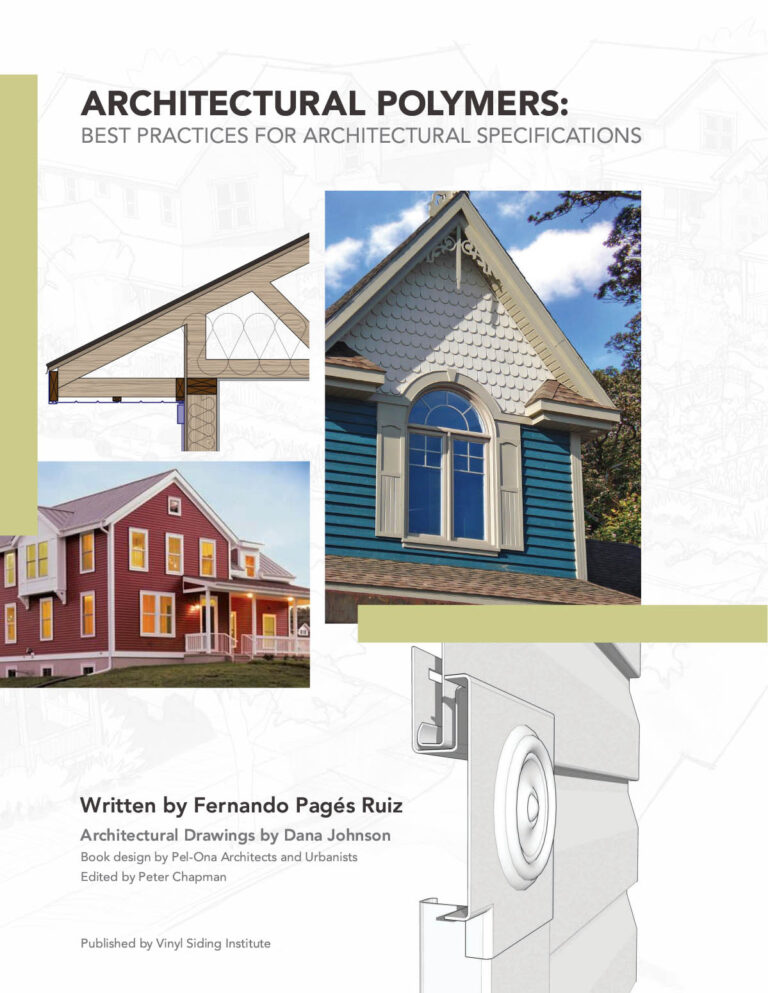
As a companion piece to the 2019 Architectural Design for Traditional Neighborhoods, this user-friendly guide offers architects a practical approach to designing with polymeric siding, a viable alternative to costly suburban developments by using modern materials for traditional community designs.
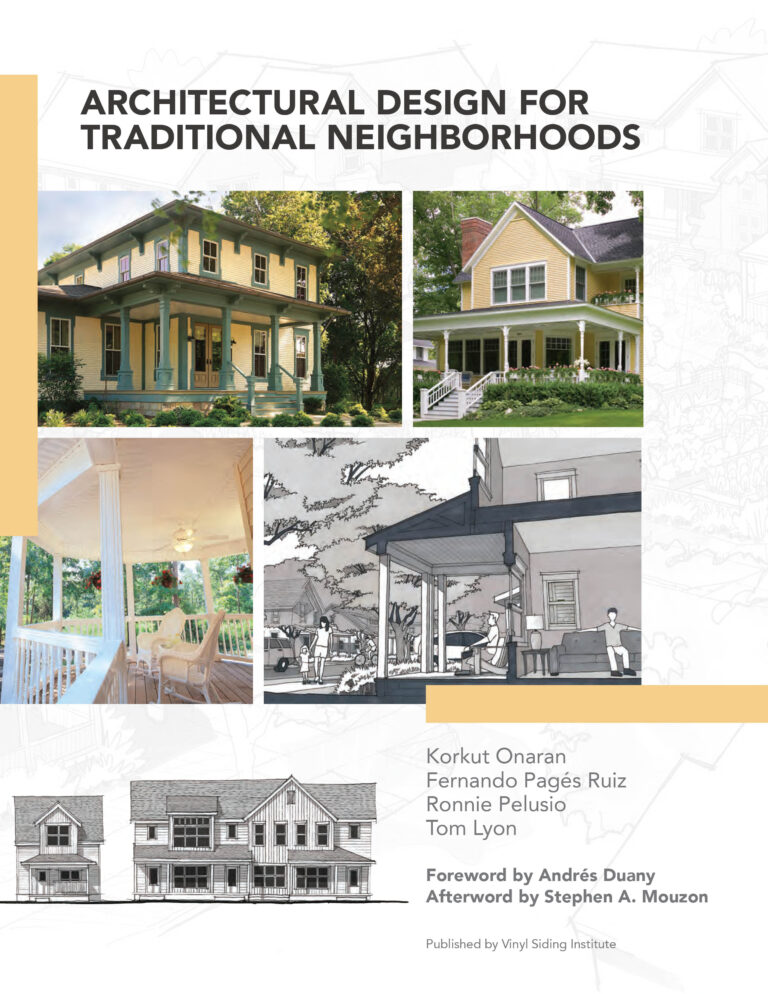
Our nation’s sixty-some years of experimentation with conventional suburban development – by which we mean large tracts of low-density, car-dependent, singlefamily houses – have been proven socially, culturally, and environmentally destructive. It is also an expensive way to build. To provide a better alternative, we offer builders this book, Architectural Design for Traditional Neighborhoods, focusing on the design elements needed to create compact, diverse, and walkable neighborhoods – places where healthy communities can thrive. Also, to ensure high-quality aesthetic standards, we suggest how to develop a harmonious architecture for traditional neighborhoods.
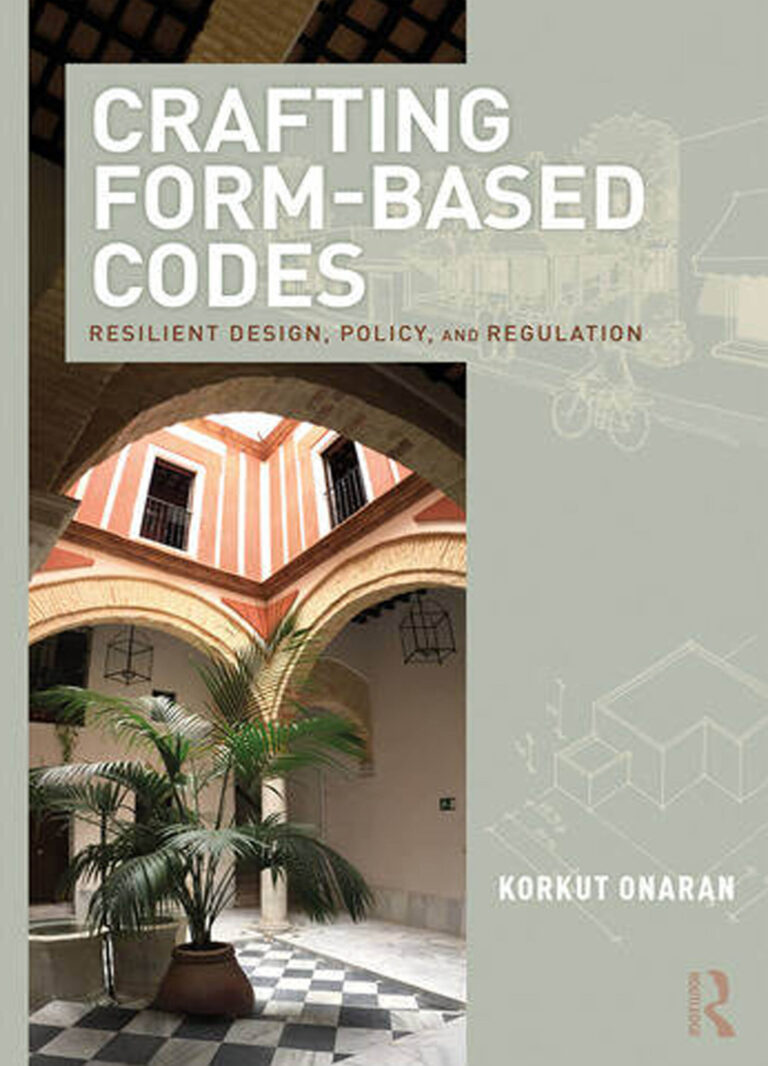
Crafting Form-Based Codes: Resilient Design, Policy, and Regulation is for the well-meaning idealists – city planners, urban designers, municipalities, and developers – who are frustrated working within the messy political environments of local democracies. It provides practical tools for crafting form-based rules that can facilitate effective communication and consensus building that are essential in today’s many regulatory cultures. It reviews some of the recent form-based codes and focuses on a lot types approach to coding. It applies this approach to designing for the climate; it demonstrates that this approach can be used in deciphering the climatic responses of vernacular archetypes that have been evolved through generations, and then coding them via simple coding tools.
This book’s purpose is two-fold: (1) to provide a theoretical framework that clarifies why working within dynamic legal systems in local democracies is a necessity today for practitioners of urban planning and design, and how crafting dynamic rules may facilitate effective communication which is crucial within these cultures; and (2) to provide simple tools for crafting dynamic rules in form-based codes that can not only facilitate form-based consensus, but also address issues of sustainability and response to the climatic properties.
CNU On the Park Bench Author’s Forum: Urbanism for a Difficult Future
(featuring Korkut Onaran, November 2022)
Inter-Neighborhood Cooperation: CU Urban Design Program – Design 101
(featuring Korkut Onaran, September 2018)

This award honors individuals who have made special contributions to historic preservation in Boulder County.
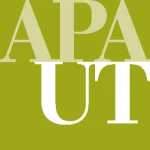
Awarded for an adopted land use-related ordinance, regulation, or legislation that provides specific policies, standards, and an implementation process to guide development or land use within a jurisdiction.

For the sensitive rehabilitation of the c. 1906 Boulder Daily Herald Building at 1537 Pearl Street, Boulder, CO.

The award honors individuals, agencies, projects, and programs that soar to new heights in their work to ensure safe, fair, affordable housing for all in Colorado.